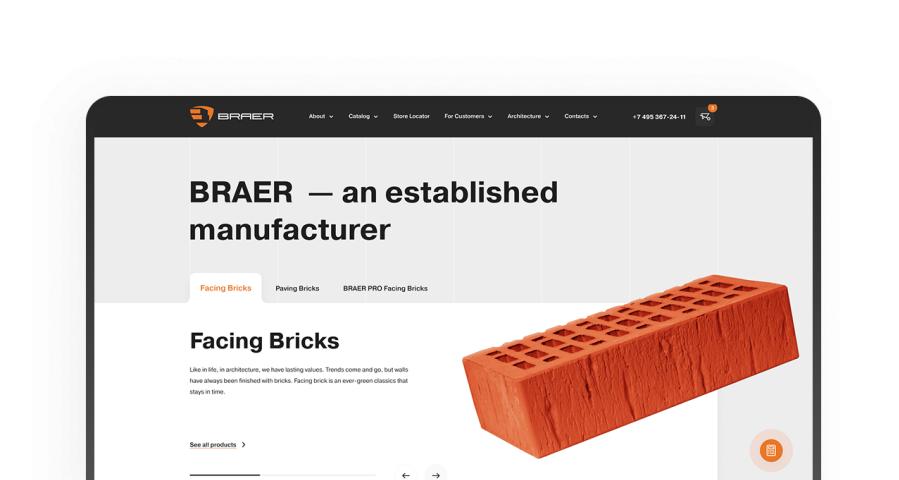Nowadays, attracting and retaining top talent has become a key challenge for startups. While salary remains an important factor, it’s no longer the only consideration for employees when choosing where to work. Benefits like health insurance, flexible work schedules, and other perks have become essential components of an attractive employment package. Offering these benefits is not just about meeting expectations; it’s a strategic move that can significantly impact the success of a startup.
Providing health insurance is one of the most valuable benefits a startup can offer. It shows that the company cares about its employees' well-being, which in turn can boost morale and productivity. Employees who have access to comprehensive healthcare are more likely to take care of their physical and mental health, leading to fewer sick days and a more focused workforce. For a startup, this means increased efficiency and a team that is fully engaged in pushing the company towards its goals.
Flexible work schedules are another benefit that has gained significant importance in recent years, especially with the rise of remote work. Flexibility allows employees to better manage their work-life balance, reducing stress and preventing burnout. In a startup environment, where long hours and high pressure are often the norm, offering flexible schedules can make a substantial difference in employee satisfaction. When employees have the freedom to choose when and where they work, they are more likely to be productive, creative, and loyal to the company.
Beyond health insurance and flexible hours, other benefits like paid time off, professional development opportunities, and wellness programs can also play a crucial role in creating a positive workplace culture. These perks not only help in attracting new talent but also in retaining the existing workforce. When employees feel that their growth and well-being are valued, they are more inclined to invest their time and skills into the startup’s success. This sense of loyalty and commitment is vital for startups, where each team member often wears multiple hats and plays a critical role in driving growth.

One of the most compelling reasons for offering employee benefits is that they can significantly reduce turnover rates. High employee turnover is costly for startups, both in terms of money and time. The process of recruiting, hiring, and training new employees can drain resources that could be better spent on developing the business. By offering competitive benefits, startups can create a more stable and engaged workforce, minimizing disruptions and maintaining a steady momentum in their operations.
Moreover, benefits like equity compensation or stock options can be particularly appealing in the startup world. These types of benefits not only attract ambitious individuals who believe in the company’s vision but also align their interests with the long-term goals of the startup. Employees who have a stake in the company’s success are more likely to be motivated, proactive, and driven to contribute to its growth. This shared sense of purpose can be a powerful force in propelling the startup forward, fostering innovation and collaboration among team members.
Investing in employee benefits is not just a short-term strategy; it’s a long-term investment in the company's culture and sustainability. Startups that prioritize their employees’ needs are more likely to build a reputation as a great place to work. This reputation can be a magnet for attracting top talent, creating a cycle of growth and success. In the crowded startup ecosystem, where every advantage counts, being known as a company that genuinely cares about its employees can set you apart from the competition.
Ultimately, the importance of offering employee benefits in a startup goes beyond just keeping up with industry standards. It’s about creating a supportive work environment where employees feel valued, motivated, and aligned with the company’s vision. When a startup takes care of its people, those people are more likely to take care of the business. This mutual investment in each other’s success is what drives startups to reach new heights and achieve sustainable growth.












